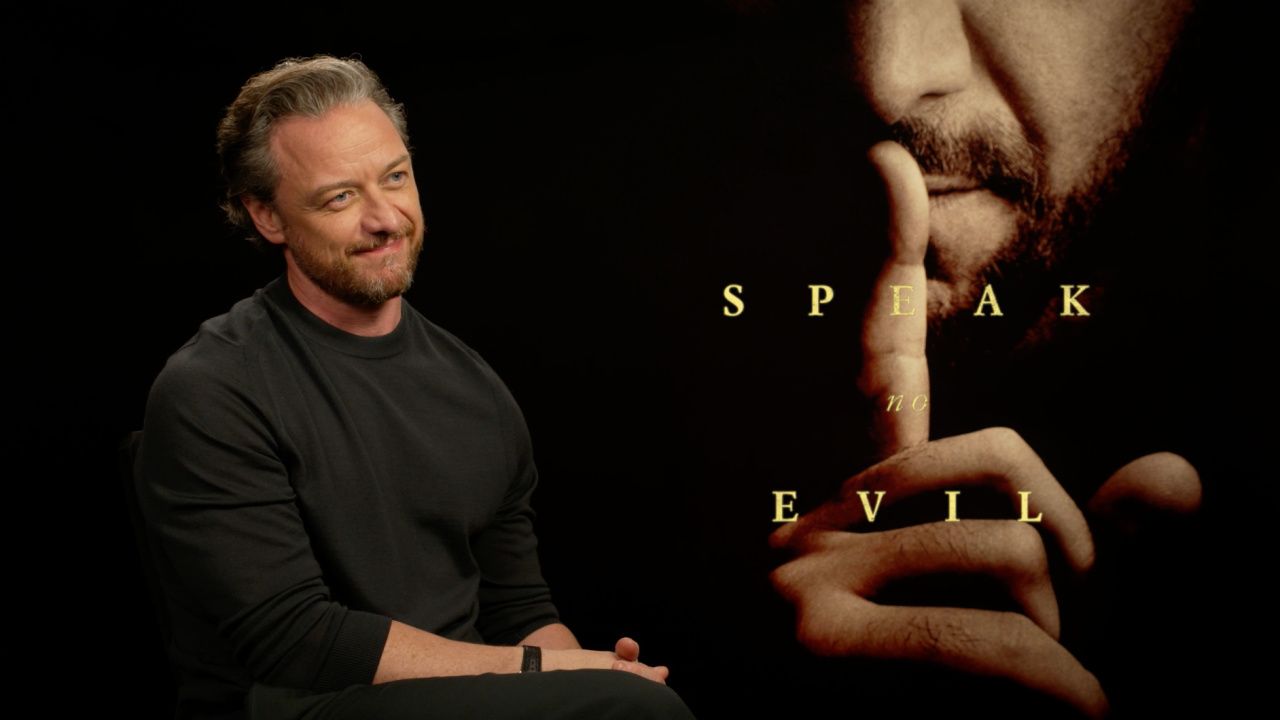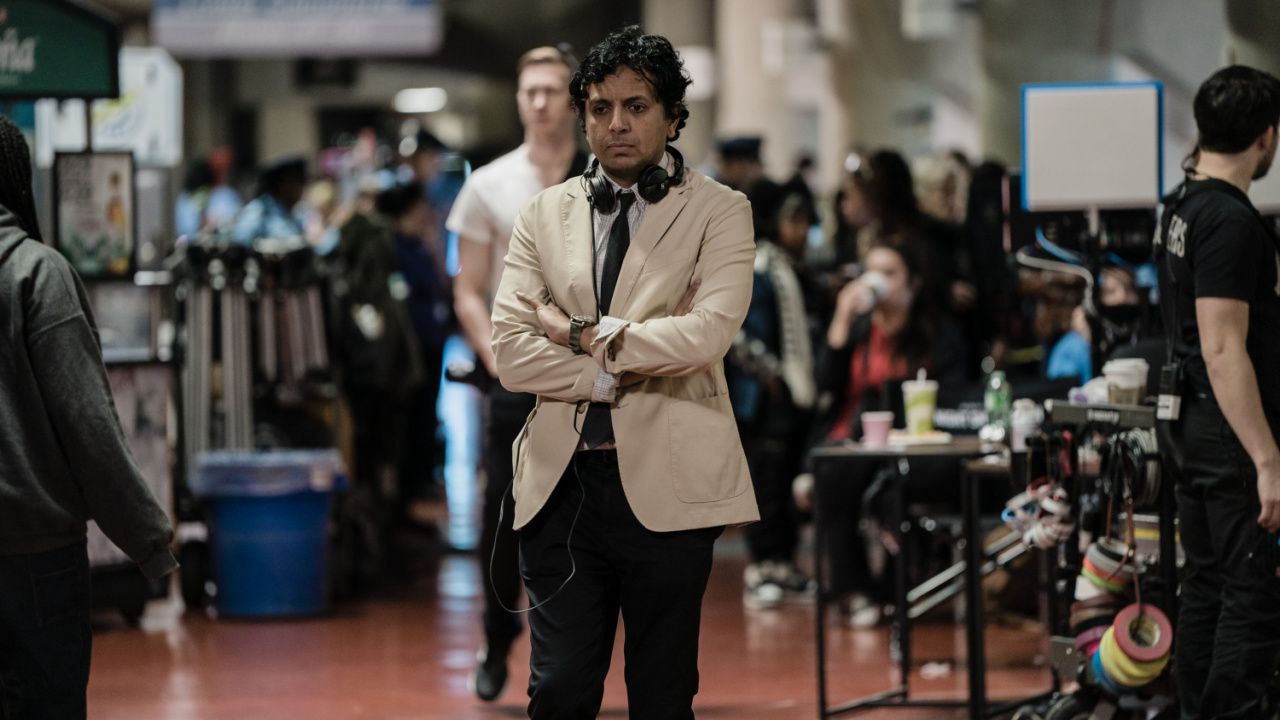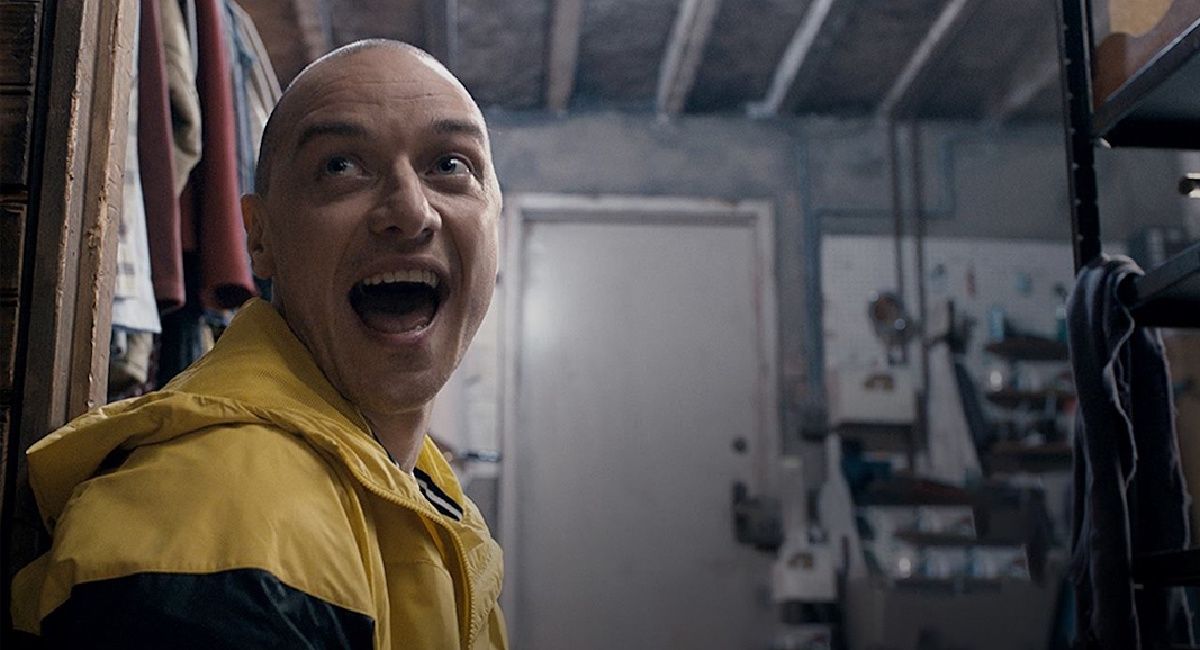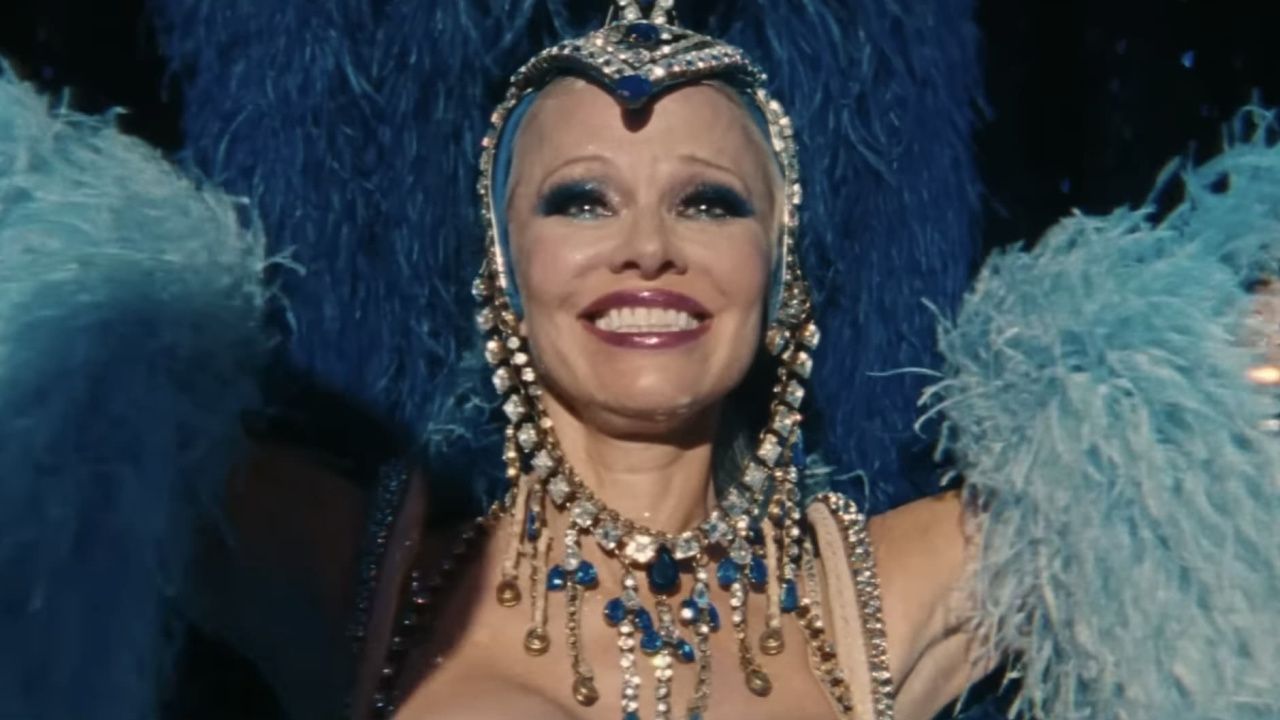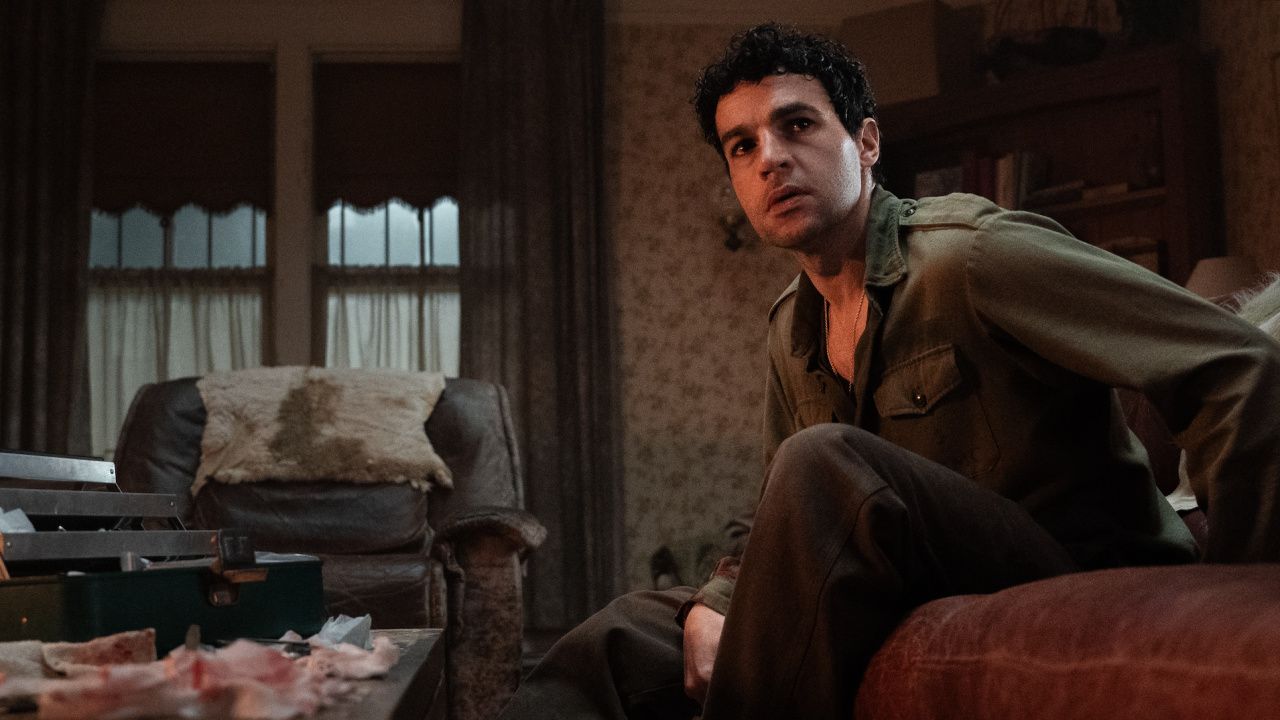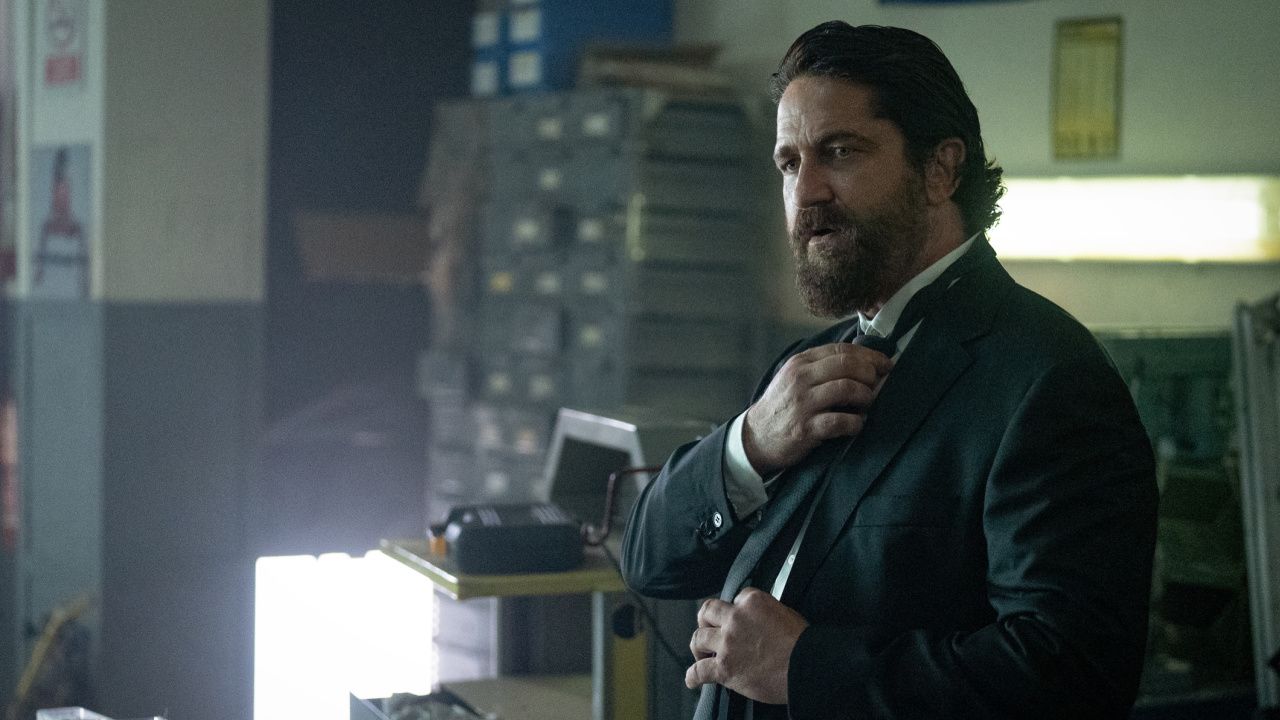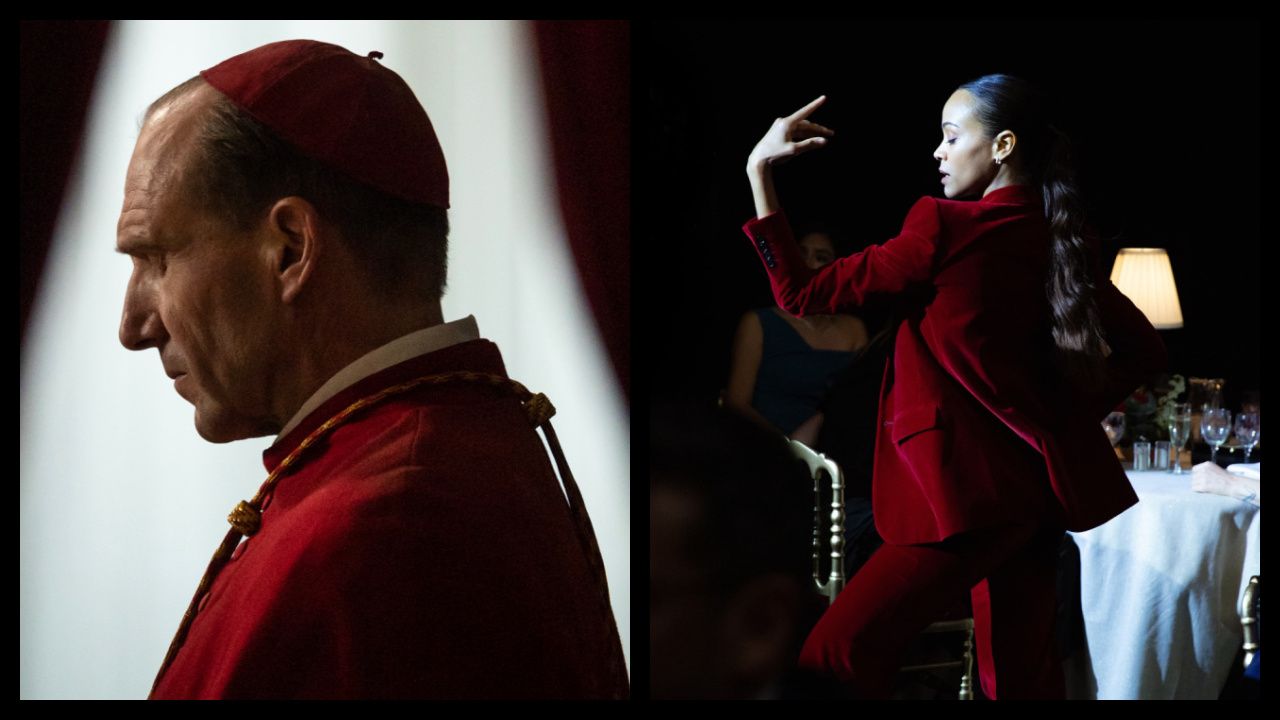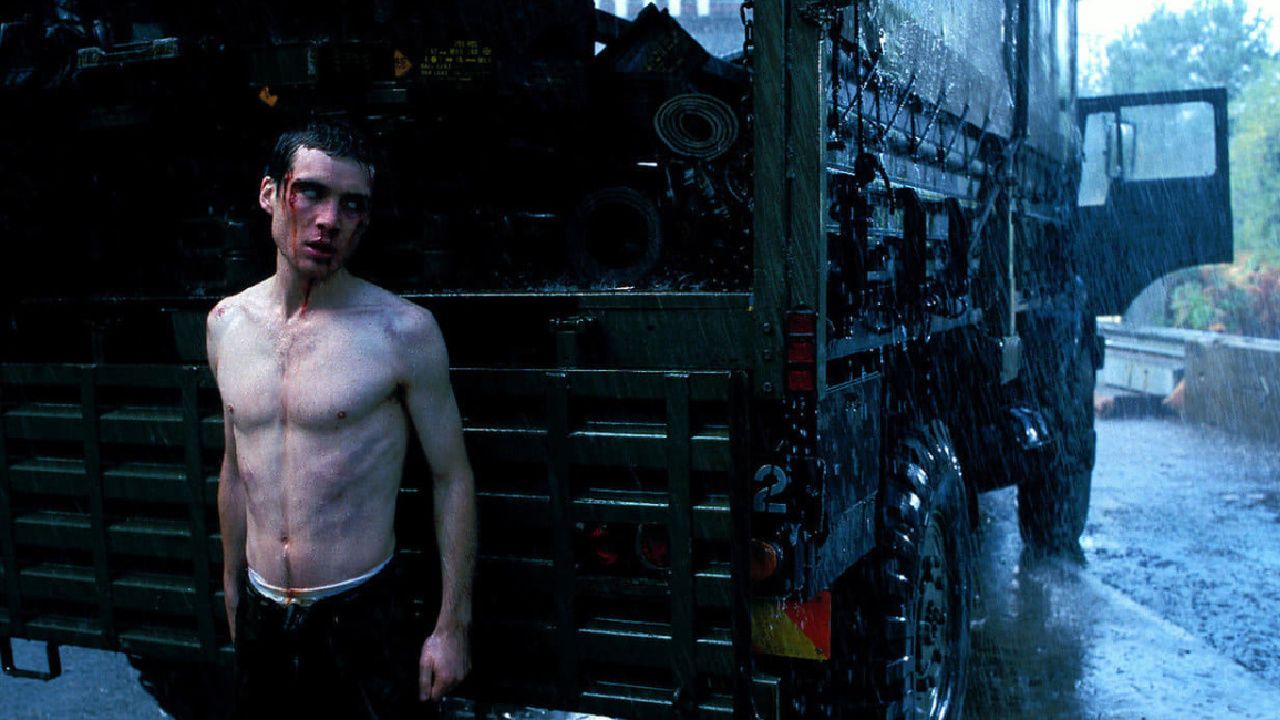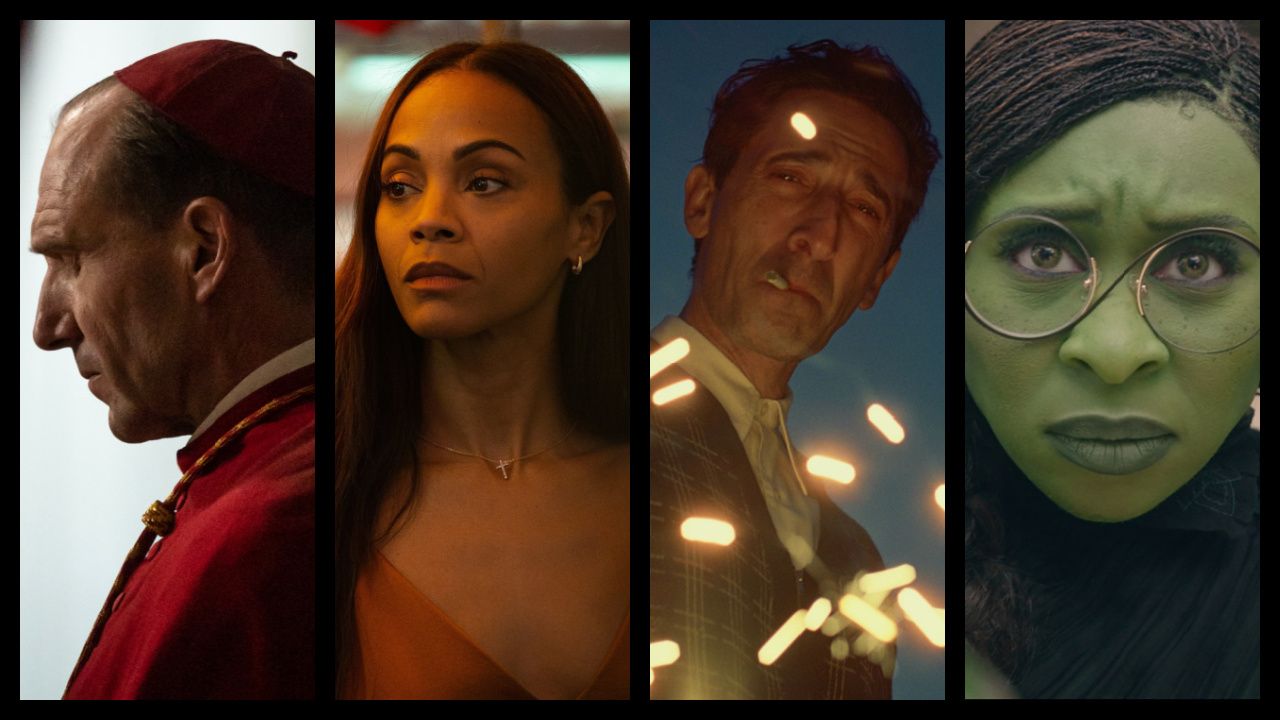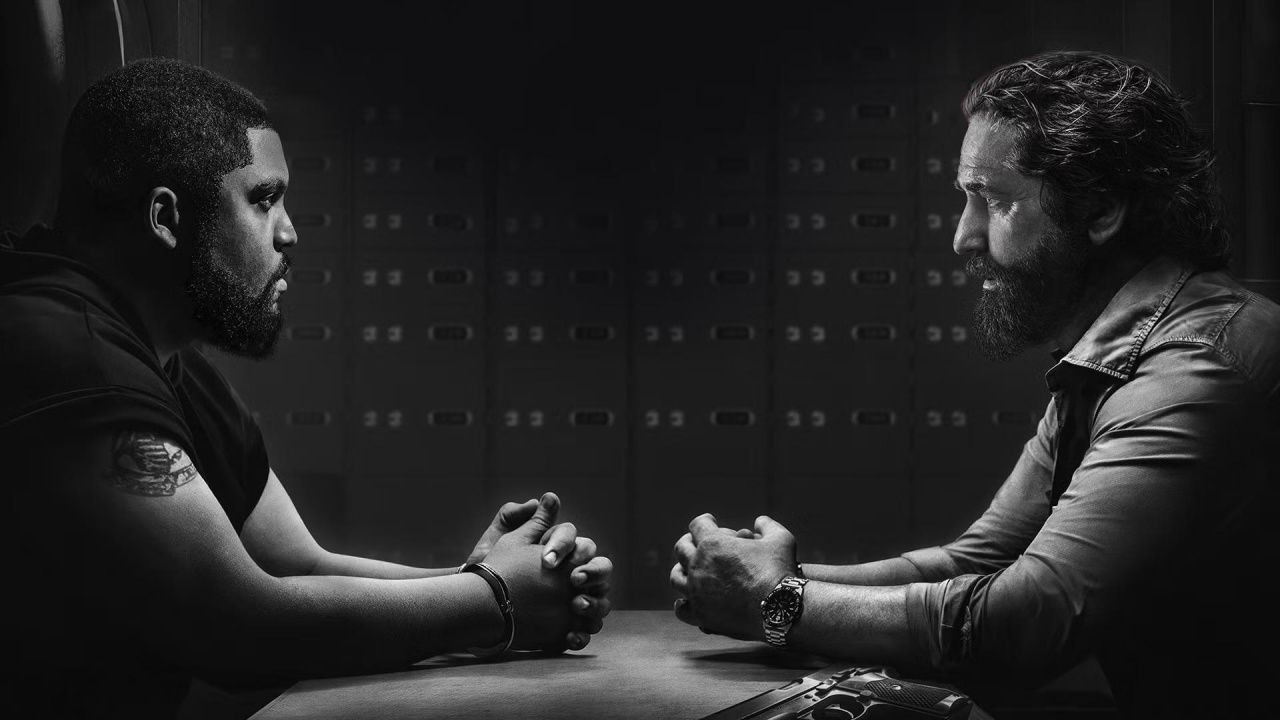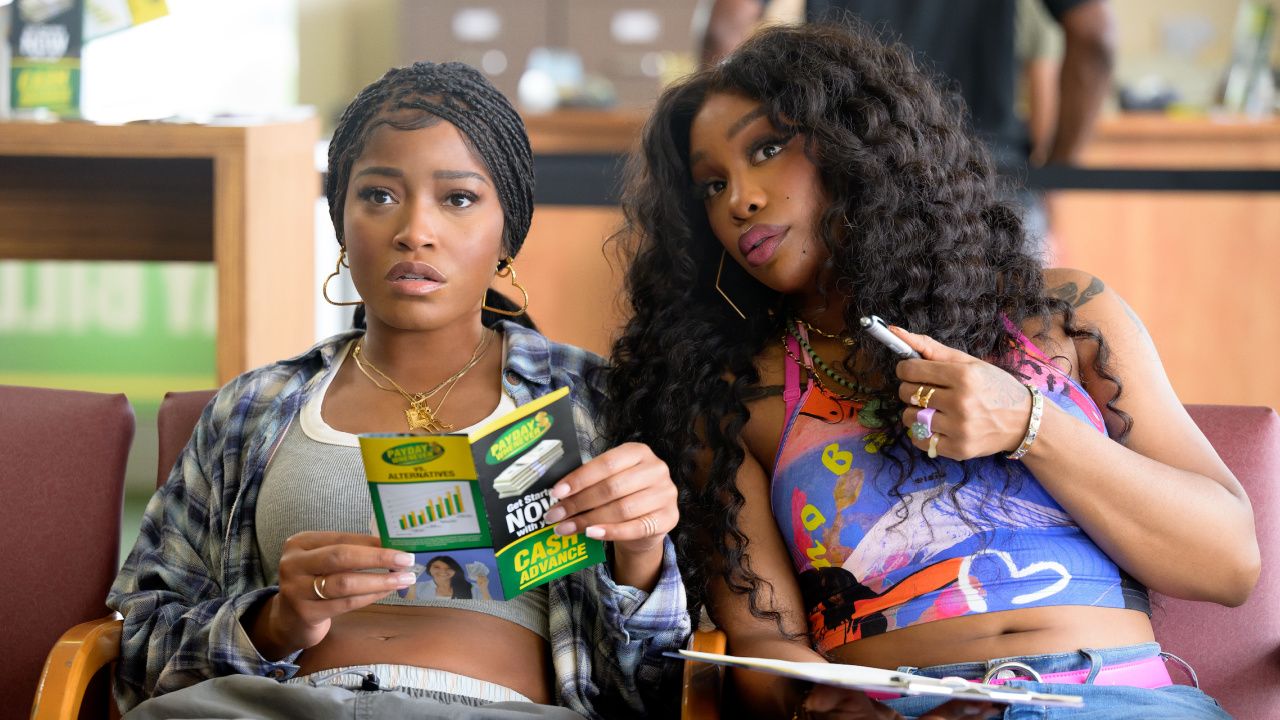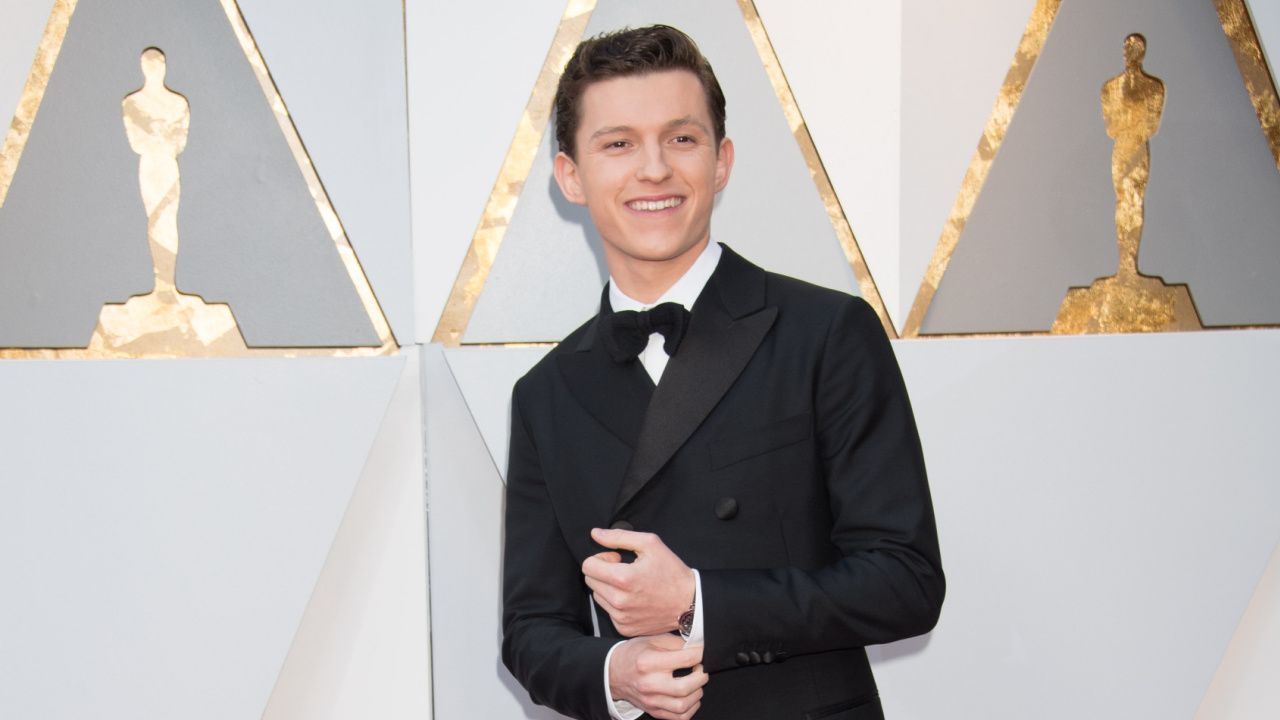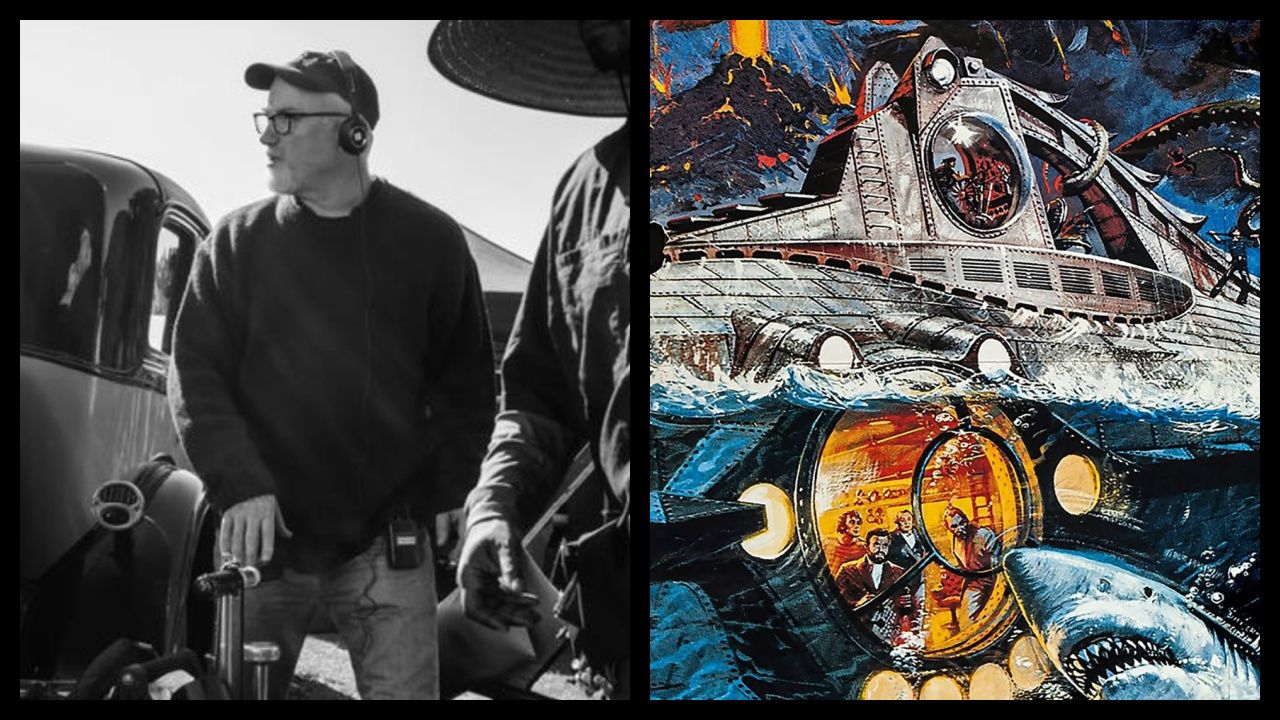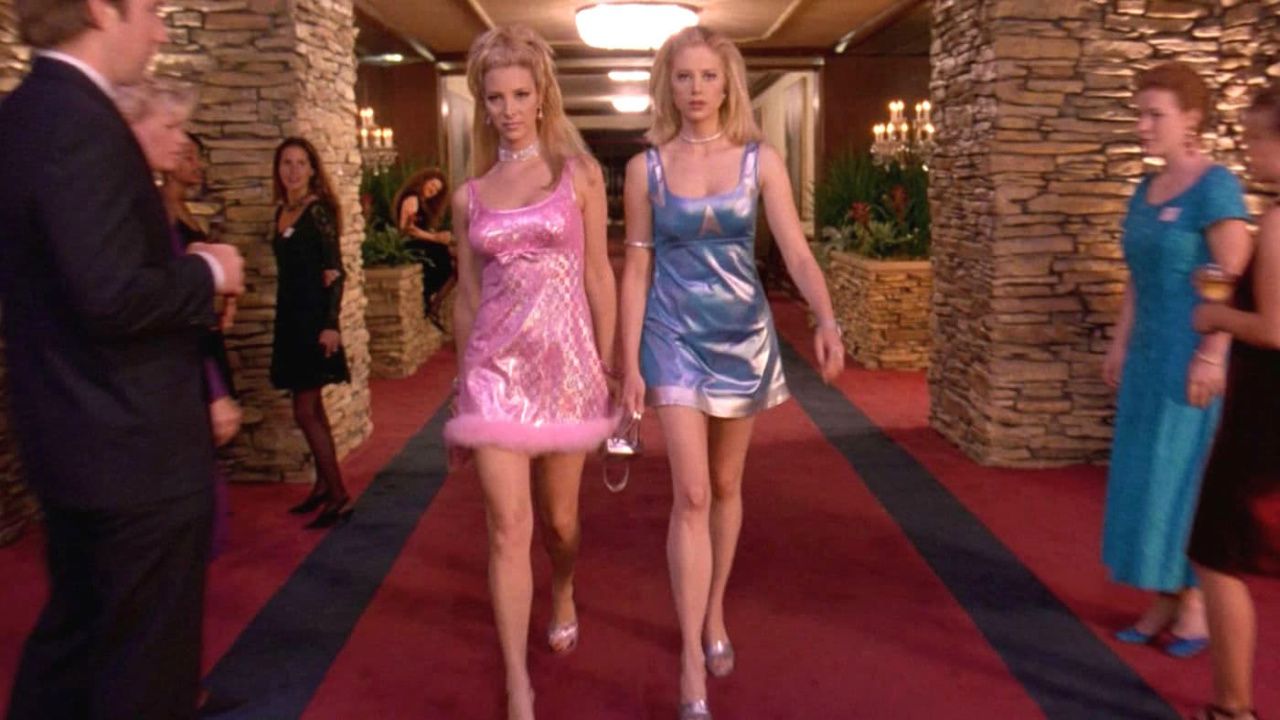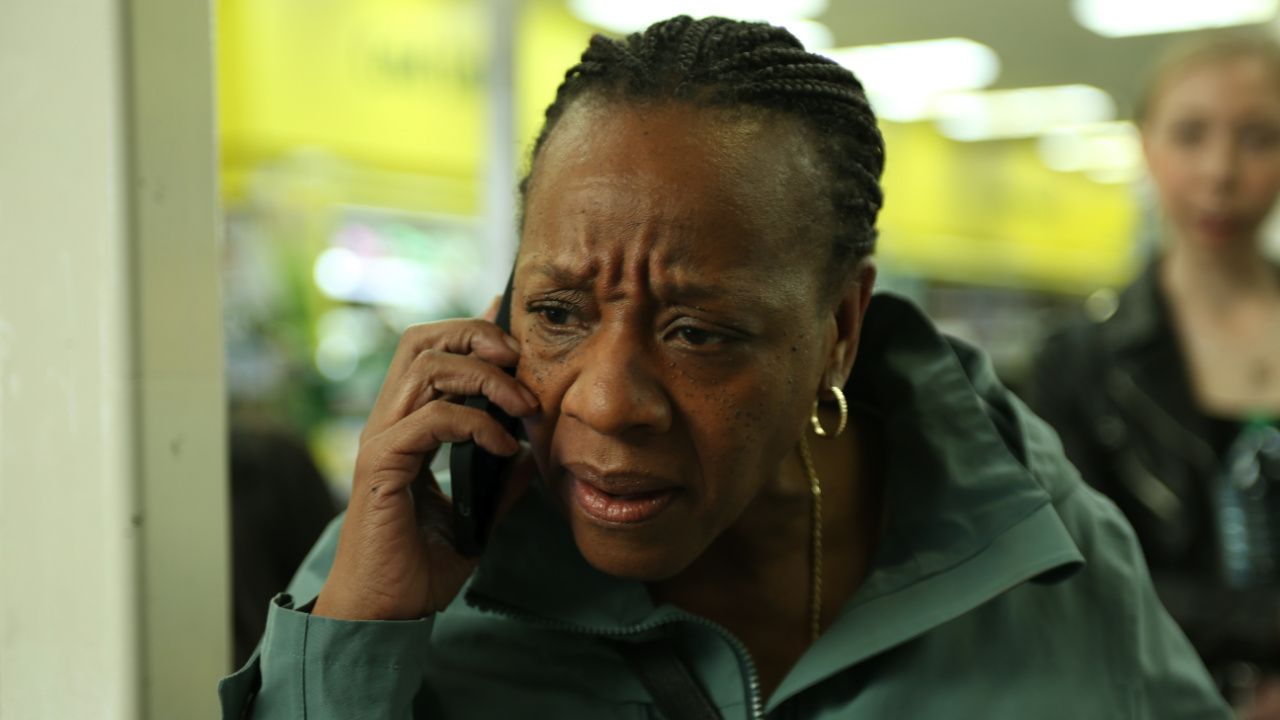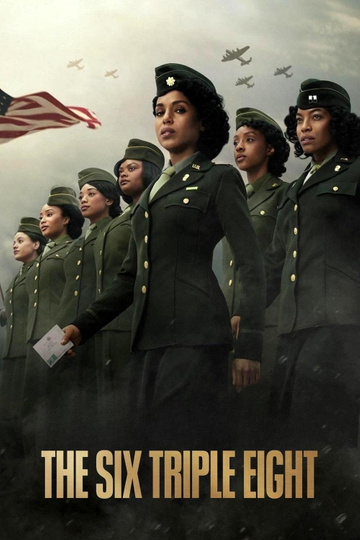'Glass' Review: Not Worth the Wait
There is a good film to be made about superheroes existing in the “real” world, and the phenomenon, or perhaps disorder, where ordinary people believe they possess extraordinary abilities. “Glass” is not that film, despite how seriously writer-director M. Night Shyamalan takes both of those ideas, and as always, himself. An overlong, underdeveloped mash-up (or more charitably, payoff) of his brilliant “Unbreakable” and the pulpy “Split,” Shyamalan tries to examine, and rekindle, the magic and intrigue of comic books in the pre-Marvel Cinematic Universe era. But he spends so much time discussing, deconstructing and still somehow indulging their now-boilerplate storytelling conventions that the end result is a movie that feels even less tethered to reality than the ones that it so snobbishly looks down upon.
Bruce Willis plays David Dunn, a Philadelphia security expert-turned-vigilante in search of Kevin Wendell Crumb (James McAvoy), a serial killer suffering from multiple personality disorder. David’s superhuman abilities soon bring the two men together, but before he can fully defeat Crumb’s monstrous alter ego, The Beast, they’re both apprehended by local police and thrown into an institution for the criminally insane. Once there, David is unwittingly reunited with Elijah Price (Samuel L. Jackson), the homicidal comic book aficionado who sparked his heroic self-discovery decades ago, and all three are offered the opportunity to confront what psychologist Dr. Ellie Staple (Sarah Paulson) believes are delusional beliefs in their own preternatural talents.
David, Kevin and Elijah begin the difficult process of explaining to Staple how they’re capable of accomplishing such extraordinary feats, and they soon find themselves questioning if what they’ve done is all a matter of serendipity and circumstance. But after Elijah becomes convinced that The Beast is not only a bona fide super human, but somehow the key to all three of them unlocking their full potential, he puts into motion a string of events that threatens the safety of thousands of innocent people and once again forces David to step in and try and prevent his plan from becoming a deadly reality.
After 20 years of mainstream moviemaking and an approach to storytelling that feels defiantly unchanged in the face of numerous failures (both critical and commercial), it’s clear that Shyamalan believes there’s nothing you can show that cannot be over-explained. The technique worked in “Unbreakable” because it was both providing context for Elijah’s processing of the world -- that is, via the visual and narrative mythmaking of comic books -- and skillfully foreshadowing revelations that it seems only fair to acknowledge were not the “twists” for which the filmmaker became reductively known. But Shyamalan’s instinct to acknowledge tropes as he’s using them hasn’t aged well, and in “Glass,” he actively undermines the dramatic weight of what should be a moment of self-actualization and culmination of purpose for these three characters. I’m not sure I’ve ever seen a film more determined to talk itself out of embracing what it is, and all of the things that make it special.
But worse than that, the film is just thoughtlessly conceived, poorly paced and badly constructed. Approximately 90 percent of its running time takes place in the institution where Staple has detained her three would-be Supers, including a protracted breakout sequence and an overlong showdown between David and The Beast that never gains momentum or feels remotely exciting. (The fact that both of them are “just” strong means that when they finally face each other, they mostly push the other one around against a van.) And for a movie obsessed with the real-world implications, and consequences, of individuals acting upon the belief that they possess super powers, procedurally almost nothing feels believable, from the supervision and “treatment” they receive at Staple’s facility to the basic reactions and motivations of both our heroes and the authorities trying to come to terms with their behavior.
Although I’m not convinced he’s actually in all of the scenes in which his character performs feats of heroism (that poncho covers his face pretty well), Willis moderately rouses from his usual paycheck slumber for the director who gave him some of his biggest hits, and breathes some life into David as he patrols the city and dispenses justice. McAvoy’s ability to shuffle between Kevin’s many personalities remains the remarkable feat of acting that it was in “Split,” but Shyamalan offers almost too many opportunities for him to showcase that talent -- it becomes less an expression of internal turmoil than an impressive party trick. Jackson, meanwhile, reconnects with the intense, intimidating calm that made Elijah such an unsettling character in “Unbreakable,” and seems to be having the most fun of the three as he returns to this world.
Paulson is saddled with what I’m sure seemed like a meaty role on the page, but it proves thankless; she literally spends the entire film trying to convince the characters (and the audience) that there’s nothing special or exceptional about anything that they’re doing, or watching. Unfortunately, she succeeds. Shyamalan also intriguingly brings back not only Anya-Taylor Joy’s Casey from “Split,” but Spencer Treat Clark’s Joseph Dunn from “Unbreakable,” but as witnesses, confidantes and eventually participants in this story, they’re never given enough to do, and their reasons for becoming involved end up feeling overstated and yet largely unjustified.
From “The Sixth Sense” to “The Village” (yeah, I know), Shyamalan enjoyed an uninterrupted string of hits that took conventions audiences didn’t realize had become part of their movie-watching DNA and somehow delivered the exact kinds of thrills that he seemed to be deconstructing. “Unbreakable,” released at a time before comic book adaptations were an integral part of our moviegoing diet (and daresay, the pop culture firmament), was the film of his that seemed most deserving of a sequel, or some sort of continuation. But “Glass” arrives too late for its own good, both in terms of his career evolution (or lack theerof) and the genre he still seems to think is not taken seriously enough.
Ultimately, not only does Shyamalan seem to have forgotten what made its two predecessors work so well, but he fails to realize that it’s his lack of imagination, not audiences’, that keeps them from believing in superheroes. All of which is why for better or worse, “Glass” delivers a follow-up that effectively delivers everything that we should have expected, but also proves that the ideas that kept us intrigued for the last 19 years have long since been conclusively and satisfyingly explored.











